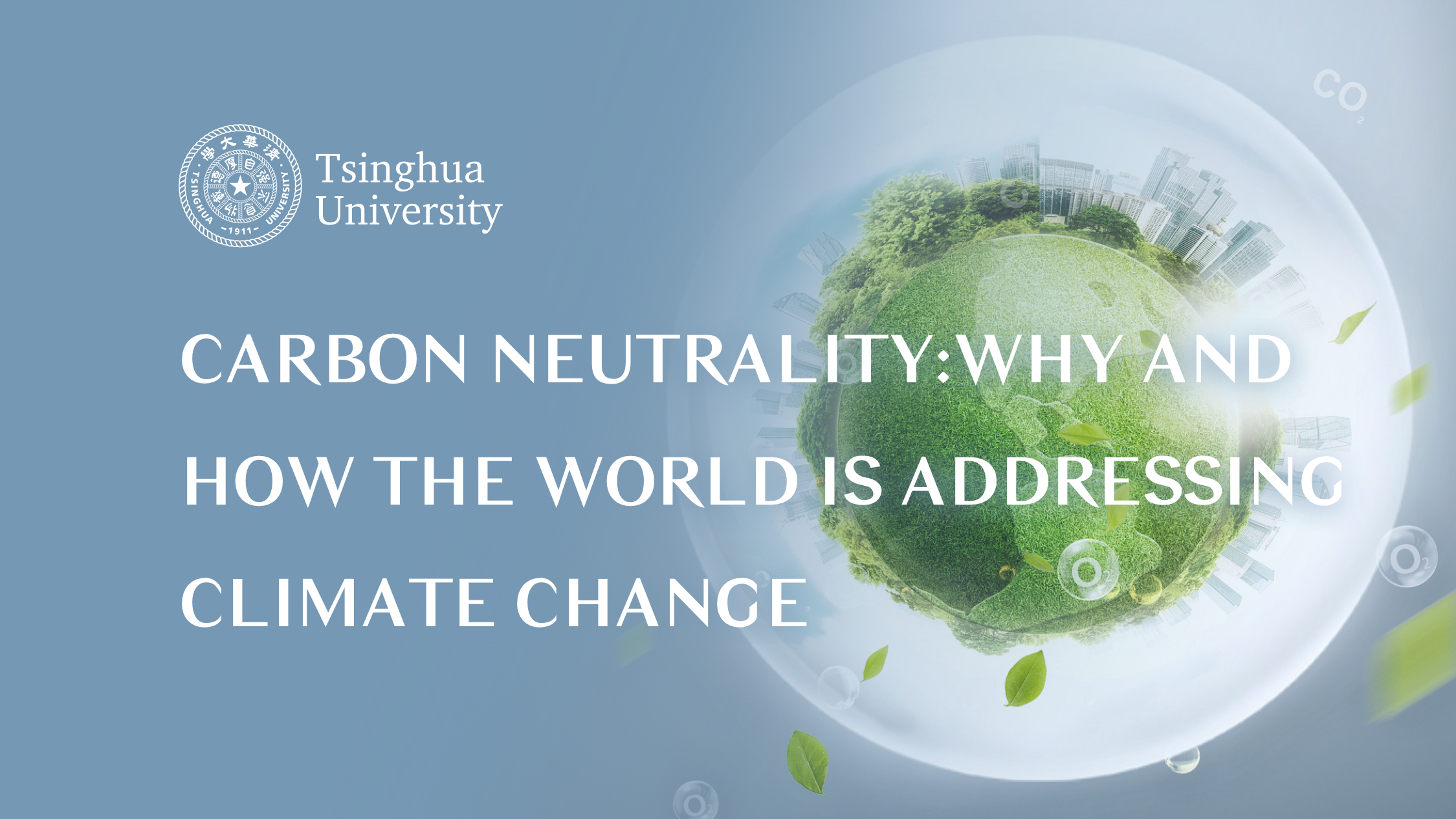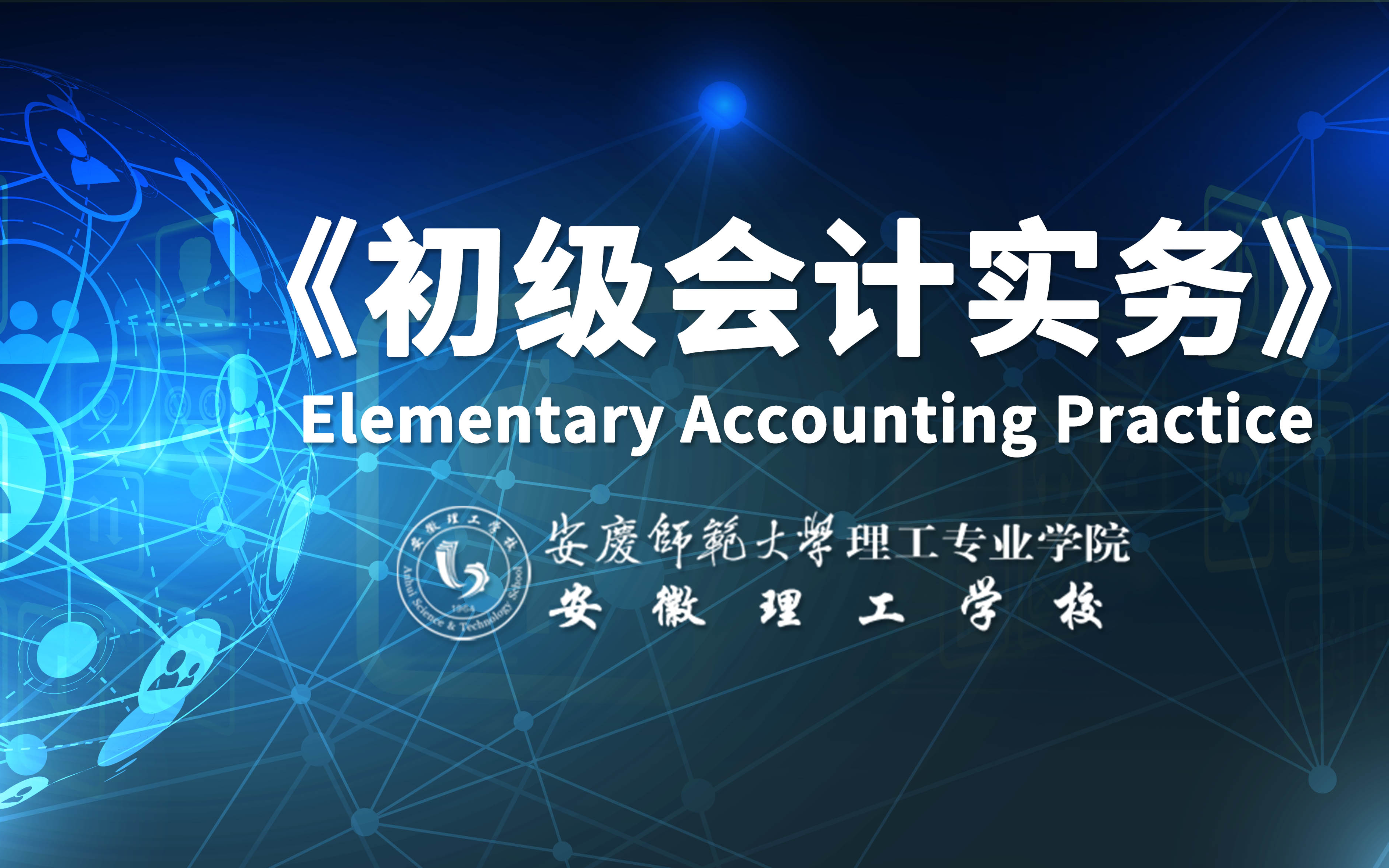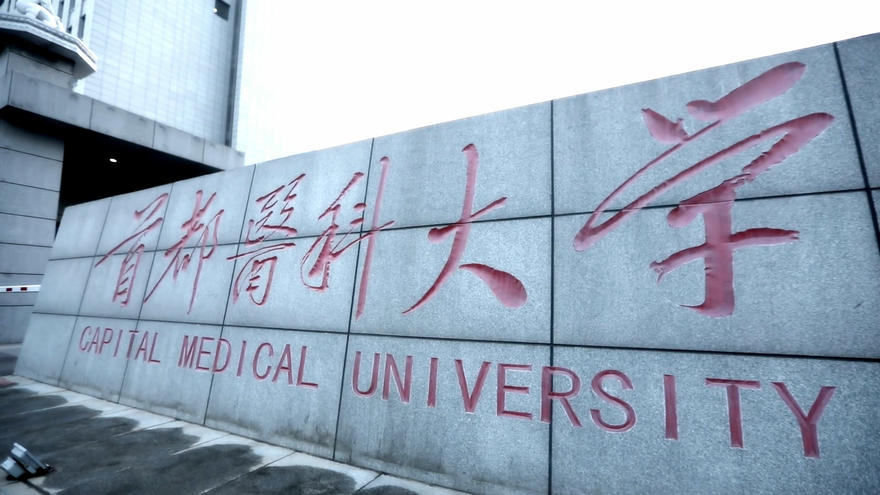
 |
About This Course
The course covers the global transition to carbon neutrality, the facts and impacts of climate change, key emission reduction technologies for carbon neutrality, climate change and carbon neutral environmental co-benefits, climate change and the effect on health of carbon neutrality, climate change economics, China’s carbon market policies and practices, climate change and carbon neutrality global governance. By taking this course, students can understand how the world can deal with the severe challenges of climate change through carbon neutrality.
Course Staff
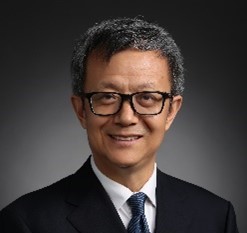
Dr. Zhang Xiliang is a professor and director of the Institute of Energy, Environment and Economy at Tsinghua University. Professor Zhang is a member of the National Experts Panel on Climate Change and the Chair of the Energy Systems Engineering Committee of the China Energy Research Society. He has been heading the expert group of national carbon market design since 2015. He was a lead author of the fourth and fifth IPCC Climate Change Assessment Report. He was granted the Leading Talent Award by Ministry of Ecology and Environment and the First Award for Humanity and Social Science Research by Ministry of Education in 2020. His current research interests include low-carbon energy economy transformation, climate change economics, and climate change policy and mechanism design. Professor Zhang holds a PhD in Systems Engineering from Tsinghua University.
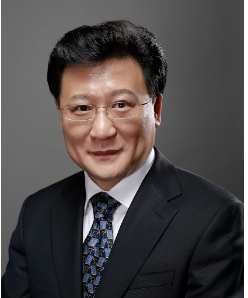
Professor Luo Yong, Dean and Professor of the Department of Earth System Science of Tsinghua University. He is mainly engaged in research on global climate change detection, attribution and prediction, earth system model development and evaluation, global energy-water cycle process and mechanism, climate change impact risks and countermeasures, and renewable energy meteorology. He serves as Coordinating Lead Author (CLA) of the Sixth Assessment Report (AR6) of the Intergovernmental Panel on Climate Change (IPCC) Working Group II (WGII) and the key special project leader of China’s National Key Research and Development Program “Global Change and Response”. He is also the lecturer of the elective course “Global Climate Change” for undergraduates and the postgraduate academic and professional competence course “Introduction to Climate Change Science”.

He Kebin, Academician of Chinese Academy of Engineering, Dean and professor of School of Environment, Tsinghua University. Research interest: Air pollution and control.
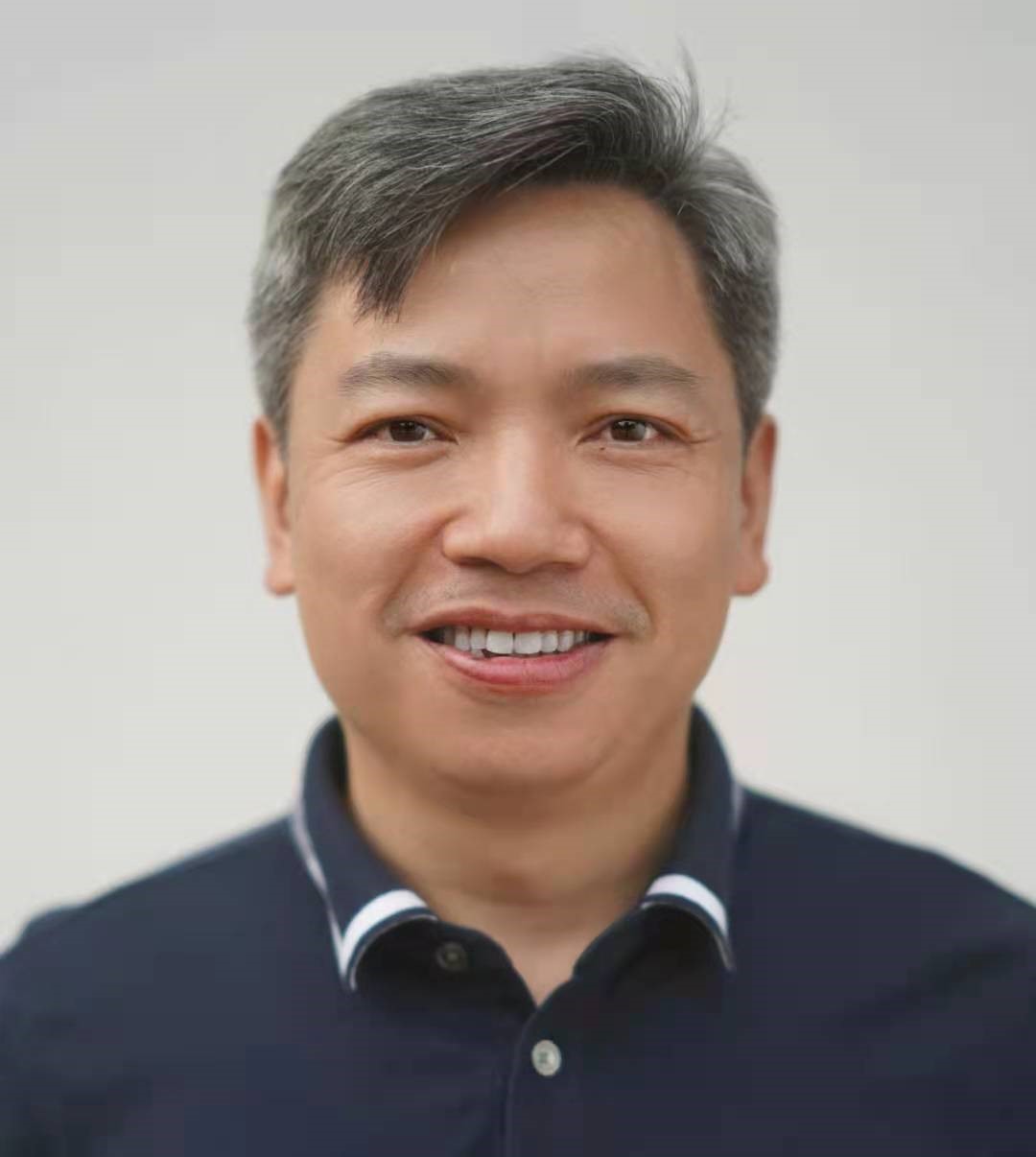
Wang Can, Professor of School of Environment, is mainly engaged in research on climate change economics and policies, environmental-energy-economic system analysis, low-carbon technology and policy comprehensive evaluation, and has published Climate Change Economics, Emission Peak & Carbon Neutrality: A New Development Path and other works, with support from the National Science Fund for Distinguished Young Scholars and the Science and Technology Innovation Leading Talent Project of the Ten Thousand Talents Program. He has served as a member of several committees of the UNFCCC, including the Expert Group on Technology Transfer, and the Climate Technology Centre and Network Advisory Board, and is the lead author of the 4th National Climate Change Assessment Report and the review editor of the 6th IPCC Assessment Report.

Cai Wenjia, Associate Professor of Department of Earth System Science (long-term appointment), doctoral supervisor, Director of the Lancet Countdown Asia, standing committee member of the Ecological and Environmental Systems Engineering Committee of the Systems Engineering Society of China, Deputy Chief Editor of Frontiers in Public Health, and member of Environmental Research Letters editorial steering committee. Research interests: climate change and impact on health, climate policy design, etc. Cai has published numerous papers in internationally renowned journals such as The Lancet, The Lancet Public Health, The Lancet Planetary Health, and Environmental Science & Technology.

Dr. Cao Jing has attained a double degree in geology and economics from Peking University in 1998, a master degree in environmental science from Peking University in 2001, and a doctorate degree in public policy from Harvard University in 2007. Cao teaches “Environment and Resources” for undergraduates and double degree students, as well as “Economics”, “Energy and Environmental Economics” and “Projects for Doctoral Students” for graduate students, and was selected under Young Scientist Fund of the National Natural Science Foundation of China in 2015. Main research areas: energy and environmental economics, China’s carbon pricing, environmental tax reform, analysis of economic means to deal with climate change, computable dynamic CGE (Computable General Equilibrium) models, and interdisciplinary environmental micro empirical research, etc. Cao currently participates in a number of national and international cooperation projects.
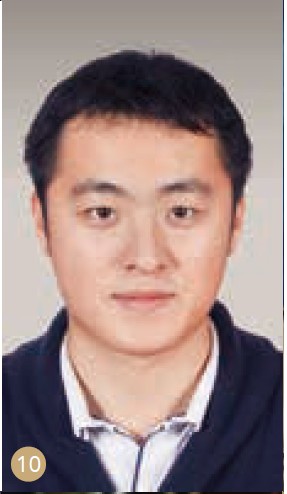
Zhang Da, associate professor at the Institute of Energy, Environment and Economics of Tsinghua University, is engaged in research on energy and policy analysis in response to climate change. He attained a bachelor's degree in engineering and a doctorate in management science and engineering from Tsinghua University. He currently presides over research projects of the National Natural Science Foundation of China, and a number of projects commissioned by Chinese ministries including the National Development and Reform Commission, the Ministry of Finance, the Ministry of Ecology and Environment, the National Energy Administration, as well as international organizations such as the World Bank and the International Energy Agency.
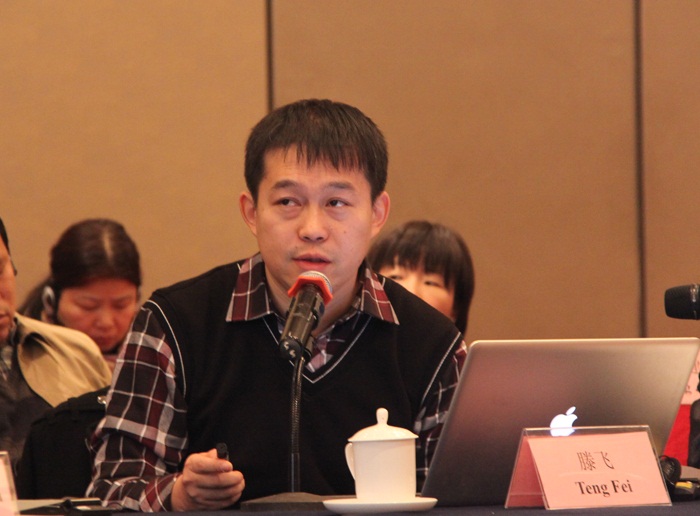
Teng Fei, Deputy Director and tenured Associate Professor of the Institute of Energy, Environment and Economics. He is mainly engaged in research on international and domestic policy analysis of climate change, comprehensive evaluation model of climate change and energy economics. As a chief scientist, project leader and subject leader, he undertook the research work in national key projects under the “Tenth Five-Year Plan”, “Eleventh Five-Year Plan”, “Twelfth Five-Year Plan”, Program 973 and the Ministry of Science and Technology. He has published more than 40 SCI/SSCI papers and won the second prize at the provincial and ministerial levels twice. In 2012 and 2018, he was selected as the lead author of the assessment report by the Intergovernmental Panel on Climate Change (IPCC), an authoritative institution in the field of climate change. As a technical support expert of the China Climate Change Negotiation Delegation from 2007 to 2017, he participated in the entire process of climate negotiations on issues related to mitigation and transparency in developing countries. He also served as the chairman of the advisory expert group for non-Annex I countries of the United Nations Framework Convention on Climate Change. The policy recommendation reports he drafted have been adopted by the Ministry of Environmental Protection, the Ministry of Science and Technology, the National Development and Reform Commission, and the National Meteorological Administration, and he has been supporting major decisions related to climate change.

